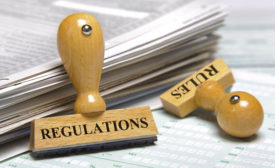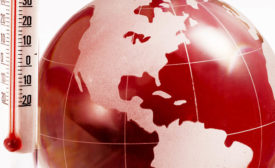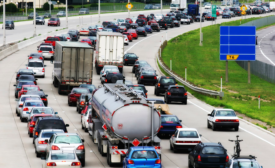Today's Safety News
AIHA warns of looming mold crisis
Hurricanes that ravaged parts of U.S and Caribbean may cause mold epidemic
September 26, 2017
A Confined Space blog post
Disabled, used up and discarded: And conditions for poultry workers may get worse
September 20, 2017
A FairWarning story
Lots of love for driverless cars, except from one group–drivers
September 18, 2017
Become a Leader in Safety Culture
Build your knowledge with ISHN, covering key safety, health and industrial hygiene news, products, and trends.
JOIN TODAYCopyright ©2025. All Rights Reserved BNP Media.
Design, CMS, Hosting & Web Development :: ePublishing








